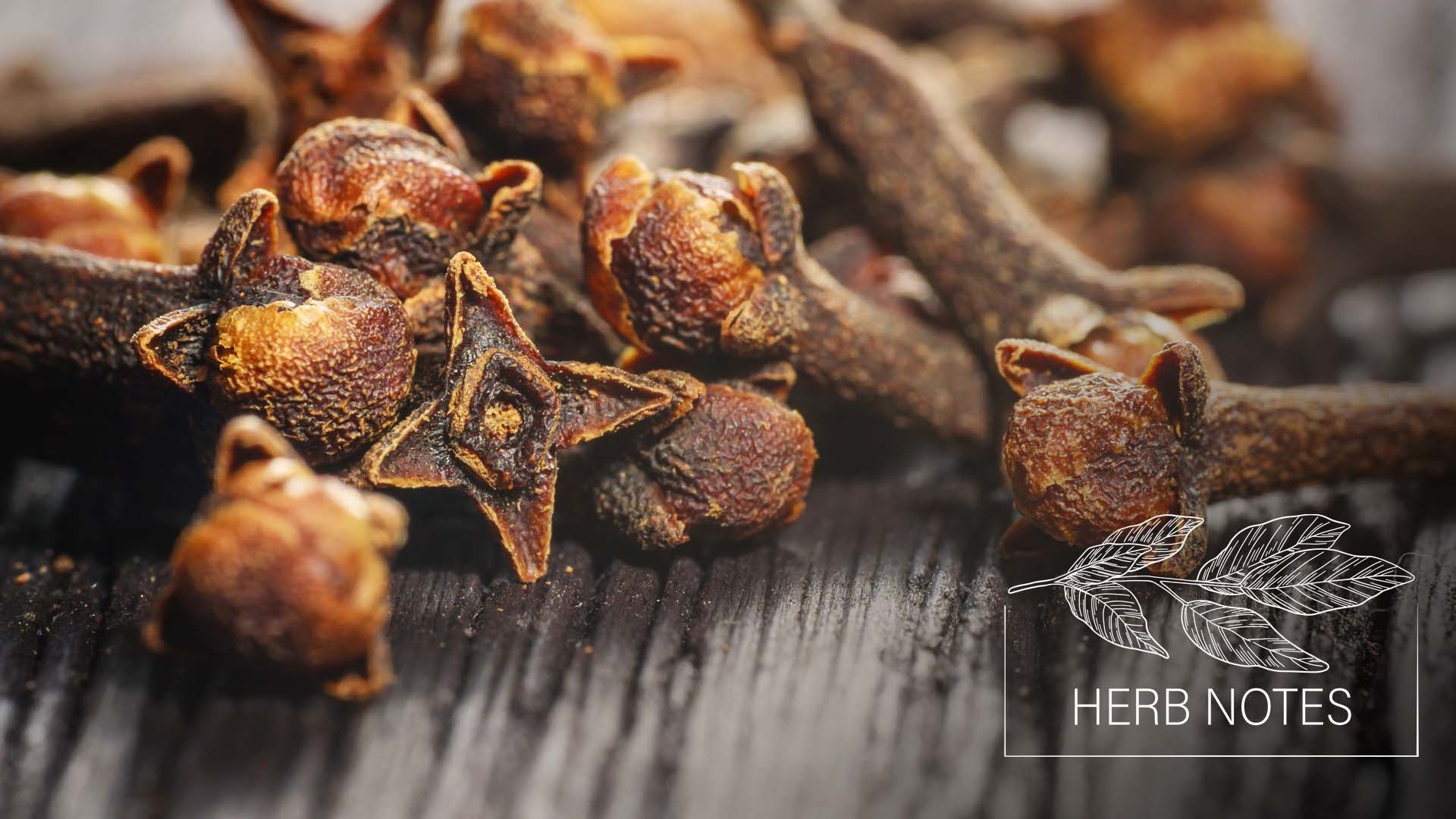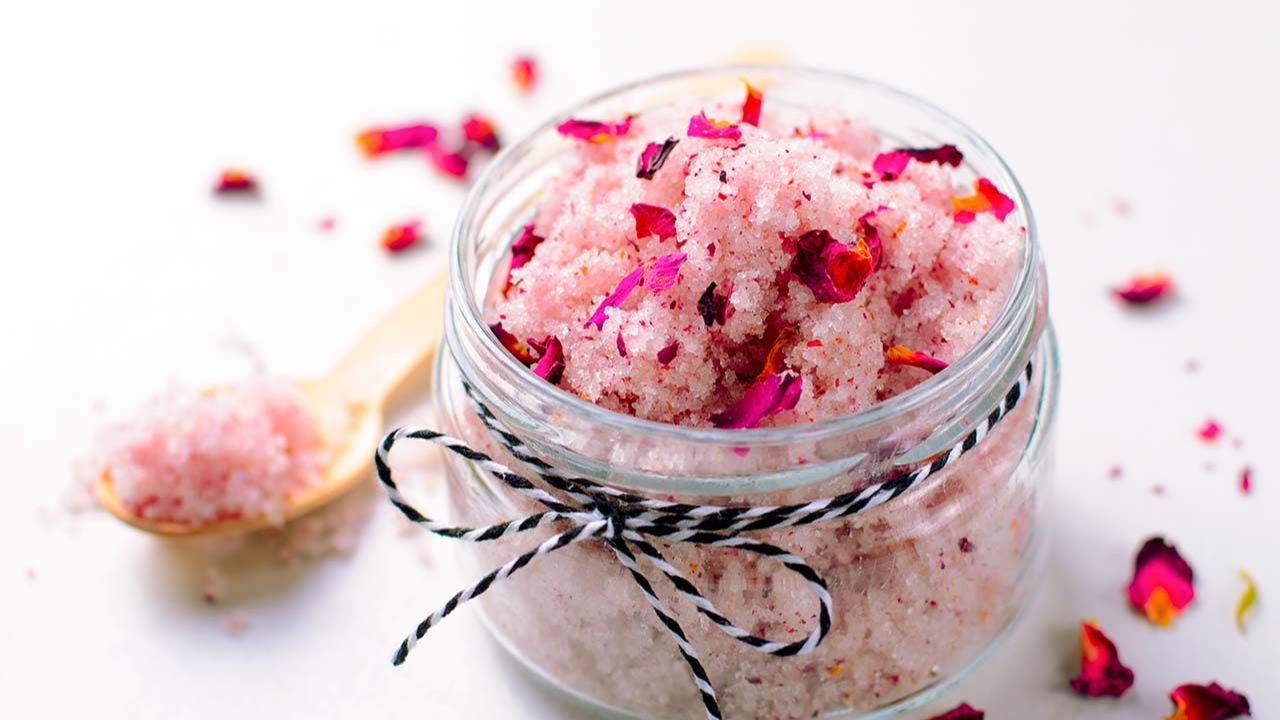
Hops Uses and Plant Monograph
Long used as a key ingredient in making beer, hops have become even more popular in recent years with the rise of artisan breweries and beers. Breweries throughout the Pacific Northwest that specialize in bitter India Pale Ales often offer a range of IPAs with detailed descriptions highlighting the citrus and fruity undertones lent by various varieties of hops, not unlike the descriptions of fine wines. There is an entire subculture obsessed with hops in the fermented state!
Before trendy bars started highlighting their hoppy brews, the hop plant was used as a traditional herbal medicine. With their aromatic and pungent scent, hops strobiles have been prized for their ability to help people relax. This use dates back thousands of years, at least since the ninth century.

Hops Uses & Plant Profile Summary:
- Botanical Name: Humulus lupulus
- Family: Cannabaceae
- Parts Used: strobiles (cones)
- Energetics: cooling, drying
- Taste: bitter, pungent
- Plant Properties: relaxing nervine, phytoestrogenic, antispasmodic, anaphrodisiac, aromatic, diuretic, digestive
- Plant Uses: stress, anxiety, insomnia, menopause, menstrual cramps, stagnant digestion, eczema, metabolic syndrome
- Plant Preparations: tea, tincture, fermentation
Brief History of Hops (and Beer)
Native to Western Asia, Europe, and North America, hops have many traditional uses. The fiber in the vines was used to make a rope or cordage, and the leaves and strobiles were used as a dye plant. Hops strobiles were used topically to heal wounds and for a variety of medicinal uses.
The first recorded use of hops for beer come from a monastery in northern France in 822 CE. Some surmise that hops were a desired ingredient in monastery beer because of their ability to inhibit sexual desire.
Several hundred years later, hops were being actively cultivated in Germany for beer. Years later in Europe, it was declared that hops were a required ingredient in beer. This may have been for reasons of taxation, but in addition to adding flavor, hops also stabilize beer, giving it a much longer shelf life.

Bitter Relaxing Nervine
Hops are a bitter relaxing nervine and are both cooling and drying. They are used for many types of nervous tension, especially when associated with digestive distress, pain, spasms, or sexual overstimulation. They are specifically used for muscle tension, including intestinal cramping and menstrual cramps. Herbalist Matthew Wood says that hops are suited to people with intense personalities and strong emotions that result in nervous exhaustion, insomnia, and worry.
As a relaxing nervine, hops has been shown to decrease stress during stressful situations. In a 2018 double-blind, placebo-controlled study, researchers gave healthy volunteers a stressful test. Those drinking an extract of hops had fewer markers of stress than those taking a placebo.1 Another study showed that when taken over a four-week period, an extract of hops has been shown to decrease depression, anxiety, and stress in young adults.2
The relaxing and mild sedative properties of hops are often useful for people with difficulty sleeping. Peter Holmes, author of The Energetics of Western Herbs, says hops fits the profile of “hot-type” insomnia.3 In other words, people who struggle with sleep and who also feel hot and restless can benefit from hops’ cooling abilities.
One study looked at the sedative qualities of non-alcohol beer made with hops in a population of people who have a lot of work stress: nurses. The researchers found that the nurses drinking the hops-infused non-alcoholic beer demonstrated improved nighttime sleep quality.4
“When you are in need of a bitter that also helps alleviate nervous exhaustion, anxiety, neuralgias and promote sleep, [hops] could be your herb.”
- Sharol Tilgner, Herbal ABCs: The Foundation of Herbal Medicine

Bitter Digestive
Hops’ bitter and pungent taste make them an excellent aromatic digestive herb. They are commonly used for upper gastric digestive disorders, including loss of appetite, stagnant digestion, weak digestion, gas, and bloating. It’s likely that hops stimulate bile production and release, thus helping people to better digest fats. Think of hops specifically when there is indigestion associated with nervous tension.
Hops were historically used to get rid of worms in the digestive tract. They can also relax intestinal cramping with their antispasmodic effects.
Metabolic Effects
Metabolic syndromes, which include insulin resistance and Type 2 diabetes, affect as many as 30 percent of the population in the United States. Metabolic syndromes often negatively affect heart health as well. While the causes (and therefore approaches) for these diseases are complex, numerous studies have shown that hops have many beneficial effects for people with metabolic syndromes. For example, about 1,000 polyphenolic substances have been found in hop strobiles.5 Many of those polyphenols have been shown to have a beneficial effect on cholesterol, reduce inflammation, and support heart health.
Other examples of hops’ beneficial effects include two studies that have shown an extract of hops helpful in reducing body fat in healthy adults.67 An extract of hops also was shown to benefit acute endothelial function (the performance of the membranes lining the heart and blood vessels) in both smokers and non-smokers.8

Skin
Hops are considered a mild alterative herb and a mild diuretic. They are used to help clear heat and damp from the body, in the sense of Traditional Chinese Medicine. Herbalist Peter Holmes uses hops to clear damp heat from the skin, especially when there is concurrent inflammation such as in eczema and acne.9
Phytoestrogenic
Hops affect hormones in a variety of ways. For example, they have some phytoestrogenic qualities that have been shown to benefit women with menopausal symptoms. In one study, 120 women in early stages of menopause were given either a hops extract or a placebo for 12 weeks. Those taking the hops extract had significantly fewer hot flashes than those taking the placebo.10
Clinical herbalists will often attest that it is rarely that “one thing” or “one herb” that makes all the difference in a treatment plan – often it’s the combination of many different things. For example, in one interesting study, researchers looked at post-menopausal women with metabolic syndrome. Every woman was instructed to consume a modified Mediterranean-style, low-glycemic-load diet and to engage in aerobic exercise. Half the women were given a hops extract, 100 mg berberine sulfate trihydrate, 500 IU vitamin D₃, and 500 μg vitamin K₁ twice daily. Those taking the herbs and nutrients “produced a more favorable bone biomarker profile indicative of healthy bone metabolism” compared to those who did not.11
Plant Preparations
- Have I mentioned hops are bitter? Depending on your tolerance for bitter, hops have a variety of different preparation methods.
- They can be made into a tea (infusion), but due to the overt bitterness, tea is often hard to consume on a long-term basis.
- Many herbalists prefer to use hops as a tincture, to minimize the amount of bitter liquid that needs to be consumed.
- Many of the studies cited in this article were using standardized hops extracts. Although I generally prefer whole plant medicine, capsules are certainly one way to take bitter medicine.
- Hops have an intriguing pungent and aromatic scent. Dried strobiles can be added to pillows or sachets and smelled at bedtime to promote sleep and relaxation.
- Hops can be used in a bath before going to bed to reduce insomnia. This is especially good for people who can’t stand the smell of hops in a pillow.
- Hops can be used as a fomentation (hot infusion on a cloth) or poultice on boils, irritated skin, muscle spasms, and pain of the lower back.
- For many, hops are often served as beer or as a flavoring in kombucha or other fermented beverages.
Dosage Suggestions
- Tea: 1-2 grams, 3 times daily (best prepared as a long infusion, 30 minutes minimum steeping time)
- Tincture (dried strobiles): 1:5, 60% alcohol, 1.5-3mL, 3 times daily12

Special Considerations
- Avoid therapeutic dosages of hops with people taking pharmaceutical sedatives, hypnotics, or anti-depressants.
- Caution during pregnancy.
- Caution in someone with depression.
- Use strobiles within six months of drying (for tea or tincture)









